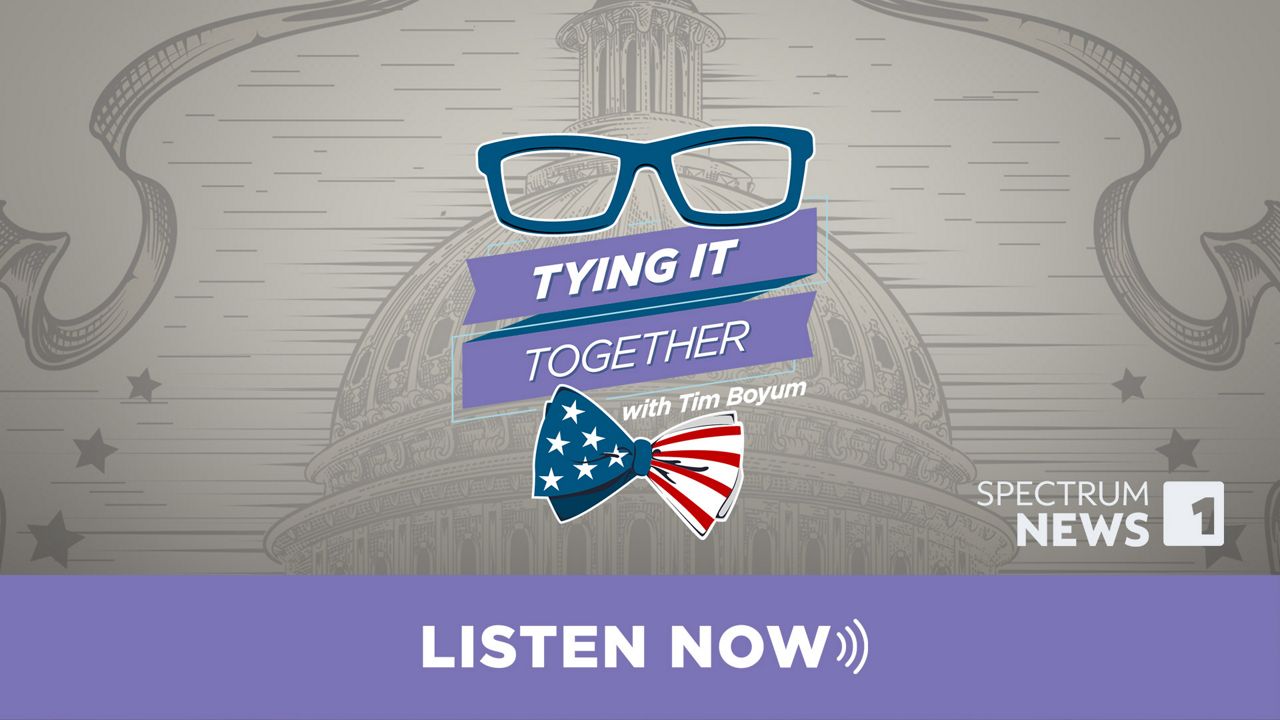RALEIGH, N.C. — In a move to improve child mental health services across North Carolina, the state has unveiled a $4.5 million investment in the Child Treatment Program.
The funding is set to enhance treatment access for children experiencing trauma and undergoing behavioral health issues, with a focus on reaching more people in rural parts of the state.
Hanaleah Levy Hoberman, the director of child and family strategy with the state Department of Health and Human Services, says the investment is aimed at increasing the availability of trained providers, which will improve access to critical services for children.
“This is an array of services that we know work for kids," Levy Hoberman said. "Things that can help with trauma, things that can help with depression.”
The funding was made possible through the 2023 state budget, which included a broader $800 million that was approved during the last legislative session, according to Levy Hoberman.
"This is part of a big investment that the state is making to make sure that more children can receive treatment in the homes and communities where they live,” she said.
In addition to expanding provider networks, the program will involve collaboration with schools.
“Partnering with our schools so that the places where kids spend time every day... these are all communities that they have more to give to help children who are struggling,” she said.
For those seeking information about services, the Child Treatment Program’s website offers a roster of trained providers.
“The Child Treatment Program website actually has a provider roster of people who have already trained. Now we’re going to see that really expand in the months and the years to come,” Levy Hoberman said.
She encourages families to check the website for updates, even if they don’t find immediate options in their area.
According to an NCDHHS press release, the investment will focus on the following models and treatments for children and their families:
- Trauma-focused cognitive-behavioral therapy – An intervention for youth experiencing symptoms or behavioral challenges related to trauma, with involvement from the child’s caregivers to support long-term family healing
- Cognitive behavioral interview for trauma in schools – A school-based service to address symptoms of traumatic stress for elementary through high school students
- Cognitive processing therapy – A tailored treatment for teenagers and caregivers navigating the impact of trauma and post-traumatic stress, often provided in an outpatient setting to help children remain at home or return home quickly
- Problematic sexual behavior cognitive-behavioral therapy – Group or family therapy that addresses a child’s difficulty recognizing socially acceptable boundaries for physical or sexual behavior






)



